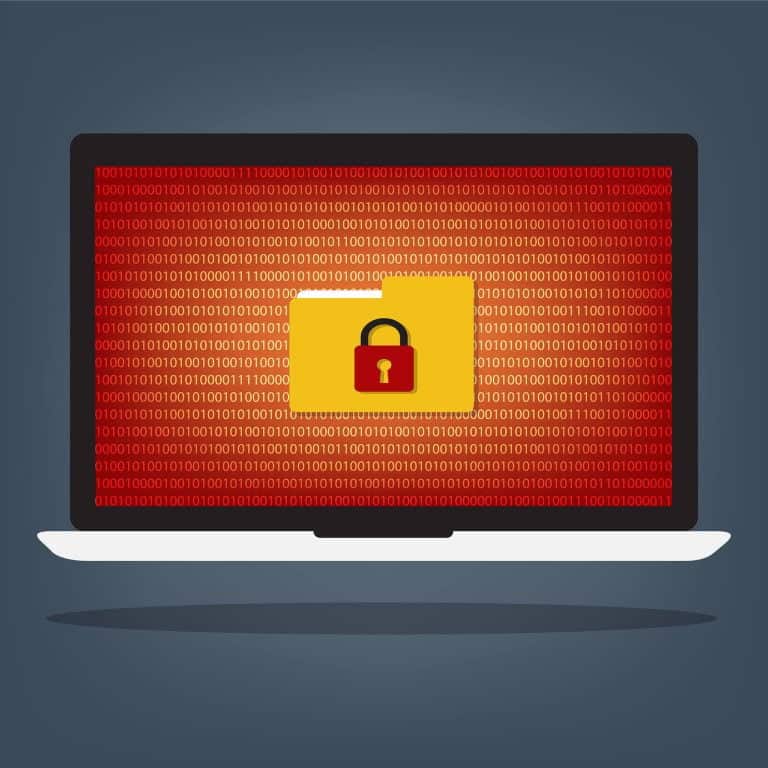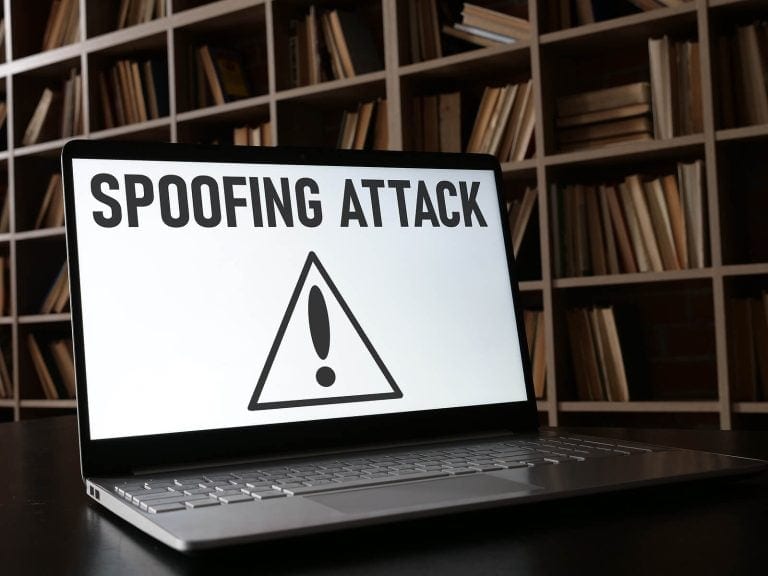Working from home (WFH) is now commonplace, especially since the pandemic took place. While this has been great in many ways, it’s also caused many problems for people and businesses. We’re not only talking about issues working around family, but also the many security issues that have been created.
Table of Contents
ToggleWhether you’re a business or someone working from home, you need to pay special attention to ensure you’re being secure and aren’t falling victim to scams. In this guide, we’re going to show you how.
Working From Home Security Tip 1: Use antivirus and internet security software.
Investing in a complete antivirus package is one of the most effective security advice for working from home.
Especially now that people are working from home and have access to work systems on relatively public networks, hackers are trying to acquire access to sensitive files through people’s home internet networks and company VPNs. It’s up to us to prevent this from happening.
The best way to do this quickly is to install antivirus software. Antivirus solutions do the heavy lifting for you by providing automatic remote work security against various dangers, such as viruses, malware, trojan attacks, email scams, and other forms of hacking.
Antivirus solutions will be the first line in your defense, so get a good one, keep it up to date, and keep it running.
Working From Home Security Tip 2: Keep family members away from computers and other work-related gadgets.
The next essential tip to remember. While you and your tech-savvy employees may be confident in their ability to be secure online, a WFH environment means corporate computers are more likely to be exposed to young children and other members of employees’ families.
As a result, it’s critical to encourage employees to keep their devices secure and not let other family members use their work laptops, phones, or other hardware. It’s also a good idea to remind them about the significance of password-protecting their devices to avoid unauthorized access to sensitive data.
Working From Home Security Tip 3: Use a virtual private network (VPN).
Connecting your computer to the company’s Virtual Private Network (VPN connection) is common when working remotely, but this opens up new home office security ‘back doors’ that hackers could use.
To begin, it’s critical to provide employees with work-from-home security advice and guidance, as well as policies on how to be a safe remote worker. Companies should seek measures to improve the security of their VPN.
Of course, no matter how secure your VPN is, hackers will have easy access if an employee exposes a password. As a result, staff must update their passwords frequently. Employees should be reminded only to use the VPN when necessary and to turn it off if they are using their work devices for personal purposes in the evenings or on weekends,” shares Daniel Harris, a technical writer at Elite assignment help Uktopwriters.
Employees will use their home networks and internet connections while working from home. As a result, teaching employees how to configure their wireless routers and personal firewalls to make their home networks secure is a smart idea.
Tip 4: Ensure that your passwords are both strong and safe.
This is a basic security tip you should never forget, but it’s one that so many people fail to follow. After all, think about your passwords, how easy they are to guess honestly, and how many accounts share the same password.
Strengthening your passwords across all of your devices is one of the simplest ways to secure yourself when working from home. As a rule of thumb, avoid full words, use a variation of letters and symbols (where possible), capital and lower-case letters, and make sure you chuck some numbers in there for good measure.
Security experts also advocate adding a password screen to your laptop and other devices every time you access them. This way if your computer is hacked or gets into the wrong hands, a third party will have difficulty accessing your files. If you’re working in public places, like a cafe or a coworking space, then this is even more important than if you’re working at home.
To keep your passwords secure, we recommend utilizing a password management program.
Conclusion
As you can see, there are a few hard and fast tips you’re going to want to remember when it comes to protecting your data when you’re working from home. It’s important to note that both employers and employees are aware of the dangers and proactively protect everyone against them.
It only takes a momentary lapse in judgment, a missed update, or a leaked simple password for the entire system to be accessed and everyone’s information put at risk. With data privacy more important than ever before and a customer base, you need to protect, make sure you’re taking preventative steps first because if something goes wrong, then it’s already too late.




